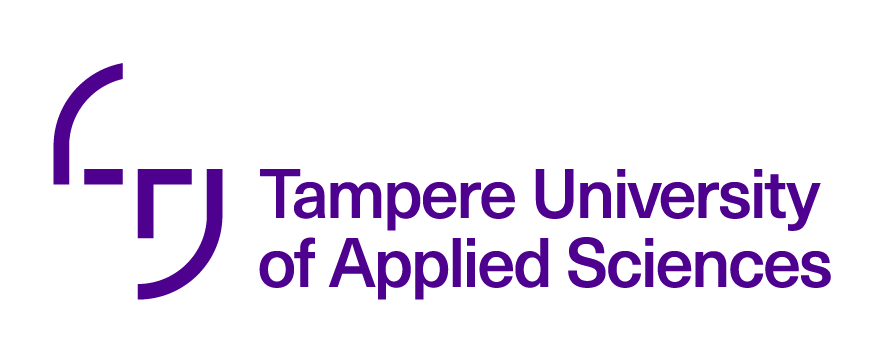Swedish, spokenLaajuus (2 cr)
Code: 7Q00EG60
Credits
2 op
Objectives
The student
- is able to collect in patient interviews information regarding current and previous health status, for the success of the care and following procedures;
- is able to inform the patient of care instructions, procedures and ward routines;
- is able to communicate in Swedish in multi-professional teams during different stages of the patient care process;
- understands and is able to use nursing articles;
- is able to further develop his/her language skills in the nursing field with different learning tools;
- achieves the level of written and oral Swedish language skills required by the university of applied sciences and needed in nursing work.
Content
- interview of patients or their significant others
- patient guidance
- practice of other communication situations typical for nursing
- core vocabulary of nursing
- core vocabulary of anatomy
- authentic professional texts
Prerequisites
A passed matriculation examination (B-language) or equal competence is required as a ground level of Swedish. The ground level is equivalent to the B1 level in the European framework.
Assessment criteria, satisfactory (1-2)
PROFESSIONAL COMPETENCE AND INFORMATION AQUISITION
The student
- is able to explain their practical training and work experience briefly and mostly understandably
- understands the main points in easy professional texts regarding their work
WORKING COMMUNITY COMMUNICATION
The student
- is able to communicate, briefly but mostly understandably, about various operations regarding the customer/patient with different parties (laboratory, operation room)
- is able to report and write down the condition of the customer/patient by using notes and support words
- can communicate in a simple manner in situations typical to the work community (patient instructions)
GUIDANCE
The student
- can offer simple instructions to guide the customer/patient
- In an interview situation, the student is able to ask simple questions, but may have trouble understanding the replies (interviews, forms)
- is able to explain the customer’s/patient’s condition in a simple manner to the next of kin
Assessment criteria, good (3-4)
PROFESSIONAL COMPETENCE AND INFORMATION AQUISITION
The student
- is able to explain their practical training and work experience clearly
- is able to find and use the most important professional publications of their field
WORKING COMMUNITY COMMUNICATION
The student
- is able to communicate fairly well the various operations regarding the customer/patient with different parties (laboratory, operation room)
- can report and write down the condition of the customer/patient clearly and legibly
- can communicate clearly enough in situations typical to the work community (patient instructions)
GUIDANCE
The student
- can offer the most important instructions to the customer/patient
- In an interview situation, the student is able to ask clarifying questions, and reply to unexpected questions (interviews, forms)
- is able to explain the customer’s/patient’s condition quite well to the next of kin
Assessment criteria, excellent (5)
PROFESSIONAL COMPETENCE AND INFORMATION AQUISITION
The student
- is able to explain their practical training, work experience and competences fluently and diversely
- is able to find, use and apply even fairly challenging professional publications of their field
WORKING COMMUNITY COMMUNICATION
The student
- is able to communicate independently and diversely the various operations regarding the customer/patient with different parties (laboratory, operation room)
- can report and write down the condition of the customer/patient fluently
- can communicate fluently in situations typical to the work community (patient instructions)
GUIDANCE
The student
- can communicate with customer/patient fluently
- In an interview situation, the student is able to ask demanding clarifying questions, and reply to most questions without much trouble (interviews, forms)
- is able to discuss the customer’s/patient’s condition quite well to the next of kin
